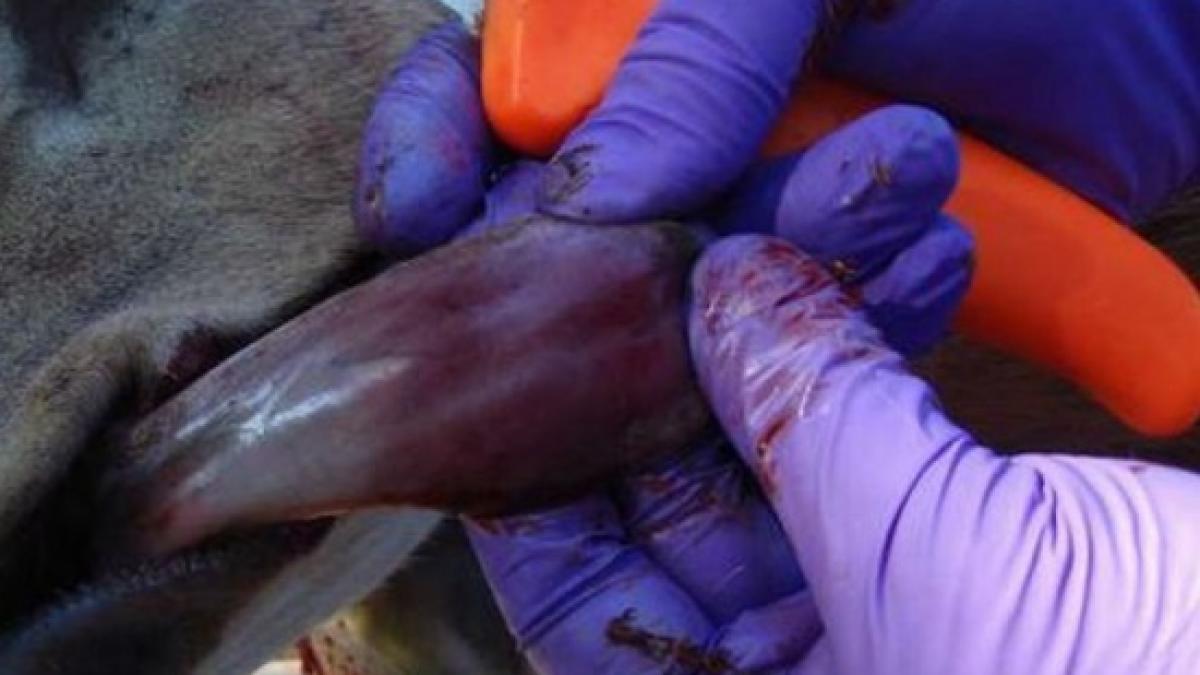
Last month, the National Sanitary Veterinary and Food Safety Authority (ANSVSA) announced that bluetongue has been confirmed so far in 18 cattle farms in 18 villages near Botosani, but no death has been recorded.
ANSVSA representatives claim they have notified the European Commission and the Member States of the European Union and the World Organization for Animal Health (OIE), about the presence of the virus in Romania.
ANSVSA states that a control zone of 20 kilometers was established around outbreaks, "the ruminants are prohibited to leave the area except for slaughter animals".
This disease does not affect humans, but produces economic losses due to animal movement restrictions applied.
Bluetongue is caused by a virus of the Orbivirus genus, which is transmitted by the bite of haematophagous species insects, genus Culicoides and not by direct contact between animals. The disease affects domestic and wild ruminants, most often sheep and cattle and goats, and is rather seasonal.




















